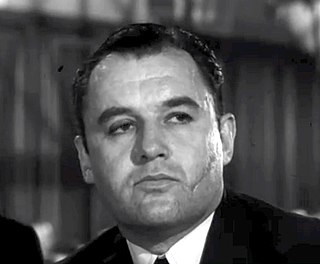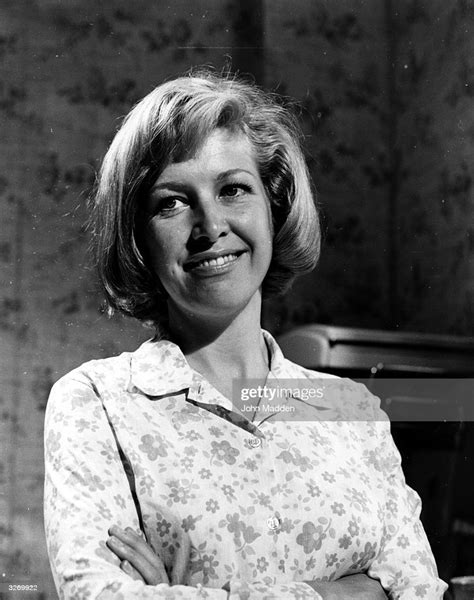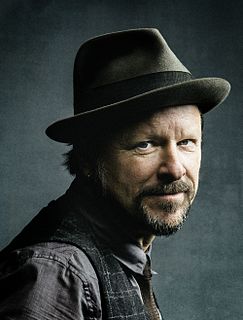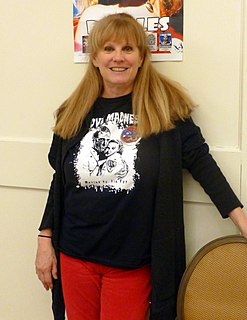A Quote by Rod Steiger
I made a big mistake with him the first day I shot. We're shooting the scene where I come back from the party, the dance, in the sleigh with Julie Christie and we turn the corner and go past the camera and the camera follows us just a little bit and we disappear.
Related Quotes
The first scene I ever shot for 'Louie Bluie,' on that first day, I had never seen the camera before. I didn't know where to put it. I just knew what was strong about these guys and what I wanted to capture, so I tried to work backward from there and figure it out. Trial and error. Hopefully I got a little bit better at it.
Zooming in, zooming out. I was shocked. I said, "Let's erase this right now, put the camera behind the stage and I'll do the performance just for the camera." He set up everything and I told him to go outside and smoke a cigarette. Come back when I finish. Don't touch the camera. This was the way how I've done most everything after that.
The camera follows a young woman as she makes her way through the stands to an area set aside for repentance and conversion. But Jesus' stories imply that far more may be going on out there: beyond that stadium scene, in a place concealed from all camera lenses, a great party has erupted, a gigantic celebration in the unseen world.
I'm very heavily involved in the editorial post-production process, and the camera - it's just such a big part of my storytelling language. I like creating the tension; I like creating the emotion through the movement of my camera, or the lack of movement through my camera, depending on what fits the scene best.
My first big disappointment is always, why don't I look like Julie Christie? Then I realise I don't look remotely like Julie Christie, and that's always a great sadness to me. Because I used to think I might have done, at one time. And I'm too fat. And I'm too old. You always see your faults, you see.
Because of the way that I work with the actors and because a scene is not in this rigid and literal interpretation of something written, I can constantly change stuff, which means I can get a scene absolutely perfect, and then when we go to shoot it, the requirements of the shot mean it would be useful to extend the dialogue or take a line out or swap things around. So the camera doesn't serve the action. The action serves the camera. That's important. So it becomes more and more organic and integrated.
I was at a Madonna show many, many years ago and I was in the sweet spot and she came out and I mean it was the best part of the show. And I was shooting, shooting, shooting, shooting. And I'm like, "God, I must have shot a hundred pictures have I not run out of film?" And I opened the back of my camera and there was no film in there. So that happened to me only once.
The Ramones were a great bunch of guys. They were very quiet, very shy. They were a little in awe of the filmmaking process, probably because we started at 7 a.m. I do remember the very first day of shooting, I met them and did the scene in the bedroom where Joey sings to me, and they were all scattered around my bedroom in my little fantasy scene. That was the first scene we shot of the movie. That scene is kind of a strange way to start a movie. "Okay, get undressed, and these weird guys in leather jackets and ripped jeans are going to sing to you."

































